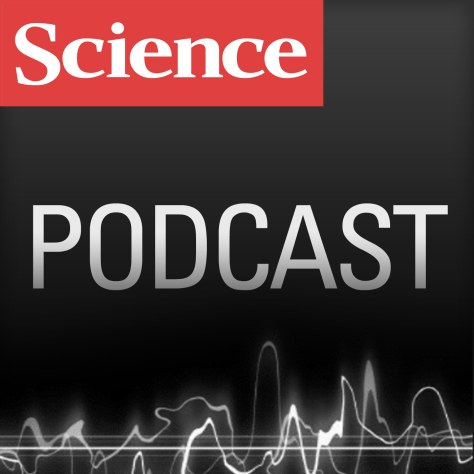 This week in Science, Helen Philips, a postdoctoral fellow at the German Centre for Integrative Biodiversity Research and the Institute of Biology at Leipzig University, and colleagues published the results of their worldwide earthworm study, composed of data sets from many worm researchers around the globe.
This week in Science, Helen Philips, a postdoctoral fellow at the German Centre for Integrative Biodiversity Research and the Institute of Biology at Leipzig University, and colleagues published the results of their worldwide earthworm study, composed of data sets from many worm researchers around the globe.
Sarah also talks with Ziad Obermeyer, a professor in the School of Public Health at the University of California, Berkeley, about dissecting out bias in an algorithm used by health care systems in the United States to recommend patients for additional health services.
Finally, in the monthly books segment, books host Kiki Sanford interviews author Alice Gorman about her book Dr. Space Junk vs The Universe: Archaeology and the Future. Listen to more book segments on the Science books blog: Books, et al.
To read more: https://www.sciencemag.org/podcast/worldwide-worm-survey-and-racial-bias-health-care-algorithm



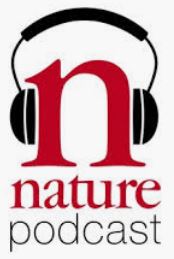 Listen to the latest from the world of science, with Nick Howe and Shamini Bundell. This week, a milestone in quantum computing, and rethinking early mammals.
Listen to the latest from the world of science, with Nick Howe and Shamini Bundell. This week, a milestone in quantum computing, and rethinking early mammals. In our second segment, we talk about how we think about children. For thousands of years, adults have complained about their lack of respect, intelligence, and tendency to distraction, compared with previous generations. A new study out this week in Science Advances suggests
In our second segment, we talk about how we think about children. For thousands of years, adults have complained about their lack of respect, intelligence, and tendency to distraction, compared with previous generations. A new study out this week in Science Advances suggests 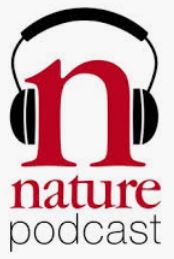 This week, a method for predicting follow-up earthquakes, and the issues with deep learning systems in AI.
This week, a method for predicting follow-up earthquakes, and the issues with deep learning systems in AI.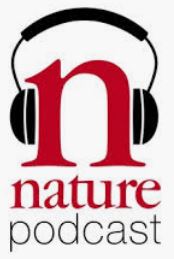 Listen to the latest from the world of science, with Benjamin Thompson and Shamini Bundell. This week, modelling embryonic development, and an analysis of male dominated conferences.
Listen to the latest from the world of science, with Benjamin Thompson and Shamini Bundell. This week, modelling embryonic development, and an analysis of male dominated conferences.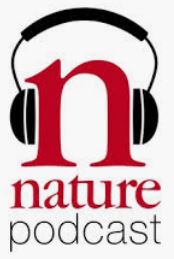 Researchers have identified how Salmonella ‘persister’ cells can spread antibiotic resistance genes in mice intestines.
Researchers have identified how Salmonella ‘persister’ cells can spread antibiotic resistance genes in mice intestines. 
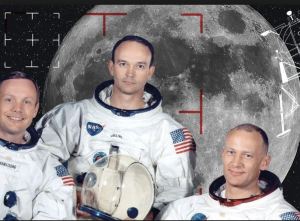 The first question is often ‘why haven’t we been back?’ Fifty years since humans stepped onto the surface of a foreign planetary body there has not been another event to rival it. Not in space, nor back here on Earth.
The first question is often ‘why haven’t we been back?’ Fifty years since humans stepped onto the surface of a foreign planetary body there has not been another event to rival it. Not in space, nor back here on Earth.